When Callas sang Beethoven
mainWelcome to the 31st work in the Slipped Disc/Idagio Beethoven Edition
Choral Fantasy, opus 80 (1808), Ah, perfido! (1796)
The Vienna concert that Beethoven gave on December 22, 1808 was the richest and craziest in the history of music. It contained the premieres of both fifth and sixth symphonies, as well as the fourth piano concerto and excerpts from the Mass in C-major, plus the concert aria Ah, perfido! (see below) and a solo piano extemporization. In the days before the concert, Beethoven got worried that he had not written enough music so he composed a final piece, a 20-minute fantasy for piano, chorus and orchestra.
The concert lasted four hours, with Beethoven as both piano soloist and conductor. He had no more than a couple of days of rehearsal and he could never be sure from one session to the next if key players would turn up. The result, in a freezing hall, was a complete mess, with Beethoven calling for corrections during the course of the concert. That anyone emerged alive was a miracle. A member of the Esterhazy family gave Beethoven a hundred gold pieces afterwards to make sure he was not out of pocket.
The crowning glory of the concert – the choral fantasy – was an embarrassment. It still sounds that way. There is no obvious justification for a piano soloist to introduce a chorus and orchestra and then keep interrupting them. Now, with the benefit of hindsight, we know that the Choral Fantasy was a dry run for the finale of the Ninth Symphony more than a decade later.
The first criterion for any performance of the work is that it should be sane and stable. Alfred Brendel and Bernard Haitink tick those boxes. Their 1977 LPO extravaganza was recorded in a municipal wedding hall and ripples with witty piano riffs.
Arturo Toscanini in 1938 New York gets through the work about three minutes faster than anyone else, as if he can’t be bothered to waste more time on such nonsense. The sound is NBC’s boxiest.
Daniel Barenboim, the pianist, with Otto Klemperer in 1968, plays the introduction as if it contains the Ten Commandments and the Sermon on the Mount, while the conductor drags the orchestra along as if by the scruff of their collars. It’s almost a caricature and, as such, unexpectedly illuminating
I admire the nobility of Alicia de Larrocha with Riccardo Chailly in Berlin 1986 and the reticence of Menahem Pressler with Kurt Masur in Leipzig, 1994. Pierre-Laurent Aimard feels rather leaden with Nikolaus Harnoncourt (2003). But a much younger Frenchman, Bertrand Chamayou, goes at it all fingers blazing in an altogether more light-hearted French performance by Laurence Equilbey and her chorus and orchestra. This was freshly minted in 2019 and it feels like a performance of this monstrosity that was made for our time.
Recordings of the concert aria Ah perfido are more numerous. Bear in mind that this is the only time you will hear Maria Callas singing Beethoven. Trust me, you won’t want to miss it.
Described by Beethoven as ‘an Italian scena written by Beethoven for Madame Duschek’ (who was one of Mozart’s favourite singers), it’s an ode to a perfidious lover who walks out just as his beloved is planning the wedding. She is not pleased. The words, by the opera librettist Metastasio, are pretty trite. What Beethoven makes of them is something else altogether.
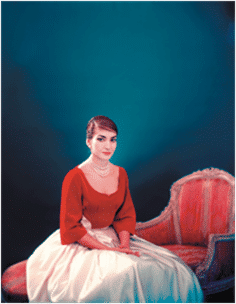
Among 30-odd soloists on record, Maria Callas makes this aria absolutely her own. Recording in 1964 with Nicola Rescigno and the Orchestre de la Société des Concerts du Conservatoire de Paris, she chills the blood to zero with her opening cry of ‘Ah, perfido’, instilling such terror in the listener that one feels a faint tweak of sympathy with the rotten defector. She then goes on to reshape the aria into one of those bel canto monologues from Norma or Anna Bolena, where the heroine commands the stage with a kaleidoscope of vocal colours. I had no idea that this recording existed. I am so glad it does. The tenderness in the middle is heart-rending
The antipode to Callas is Birgit Nilsson who, in 1958 with Heinz Wallberg and the Philharmonia Orchestra, turns the aria into Wagnerian drama, full of crime and Rhinemaidens, intimating immolation – a very different kind of terror.
And if you’d imagined this was the only Wagnerian route into the song, listen to Kirsten Flagstad in 1937 for a more prosaic account of the bust-up, as if she was singing the story to an arresting officer who had apprehended the miscreant. Flagstad, the most organic of sopranos, presents a woman who is disappointed in love but by no means broken. You could imagine her agreeing to a date with the cop. Such lovely, unstressed singing.
Passing quickly over Elisabeth Schwarzkopf and Gwyneth Jones, the Straussian soprano Inge Borkh takes us into more complicated psychological territory, a Scandi-noir thriller of her own scripting, and gripping to the very end.
You will want to drop in on Frida Leider in 1924, a style of singing that was already on its last legs, and Regine Crespin in the closing pages is profoundly affecting, in a 1967 recording conducted by Thomas Schippers.
But you’ll thank me for detaining you for an extra quarter-hour to listen to a pure contralto, Janet Baker, singing with Raymond Leppard and the English Chamber Orchestra. The loss of full-on soprano heft is compensated by a detailed exploration of the jilted woman’s feelings about a man she knows was never right for her. Baker is such a good psychologist of feminine dilemmas and her voice shines here like polished brass. Be overwhelmed, or your money back.
UPDATE: Larry L. Lash has added some very useful context to the Callas recording below:
Callas’ studio recording of “Ah! perfido” was made during sessions at the Salle Wagram in Paris in December 1963 and January 1964 for her EMI album of Beethoven, Mozart, and Weber. Between December 1963 and April 1964 she and Rescigno also recorded arias by Verdi, Rossini, and Donizetti, many of which have never been released.
Callas turned 40 on 4 December 1963.
1963 was a sparse year for live performances: no operas, and only concerts, mostly with the same program, in Berlin, Düsseldorf, Stuttgart, London, Paris, and Copenhagen. The only surprises were some oddities such as “Quando m’en vo’” – Musetta’s aria from Act II of “La bohème,” available on some pirated recordings of the Paris concert.
Aside from studio recordings (many unreleased), 1964 had only a run as Tosca for six performances at Covent Garden (Act II of which is the only video recording of Callas in a fully-staged performance, from 21 January 1964), and eight Normas at the Palais Garnier between 22 May and 24 June.
All that would remain for Callas’ career in staged opera were the final 1965 runs of “Tosca” – nine at the Palais Garnier between 19 February and 13 March; two at the Metropolitan Opera on 19 and 25 March; and her final performance on 5 July at Covent Garden – and “Norma,” of which she attempted a run of five performances at the Palais Garnier in May, but cancelled midway during the last show on 29 May, leaving her final Norma incomplete (it can be heard on pirated recordings).
I find her studio recording of “Ah! perfido” difficult to listen to: it is one of her recordings in which her vocal deterioration robs me of being able to enjoy her interpretation. The stridency and wobble are too much for me to ignore.
The recording was not Callas’ first brush with Beethoven: under her birth name of Maria Kalogeropoulos she sang Leonore in “Fidelio” (apparently in Greek) on 14, 15, and 17 August 1944 at the amphitheatre of Herodes Atticus in Athens (a blurry photo from Act I exists). She was 20, and the glowing reviews helped propel her to a major international career which began on 2 August 1947 as Ponchielli’s Gioconda at the Arena di Verona.

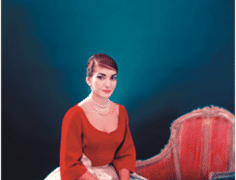
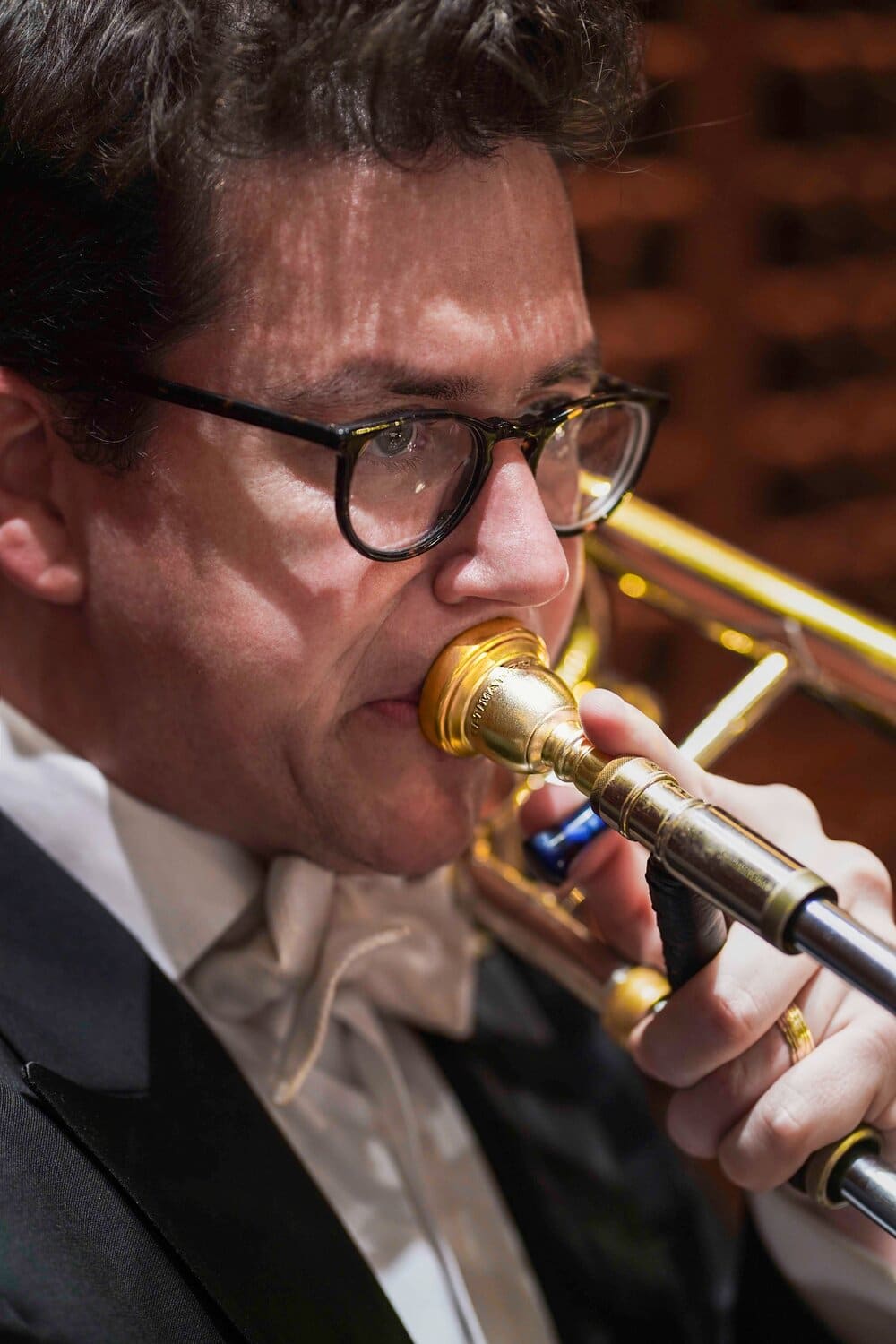
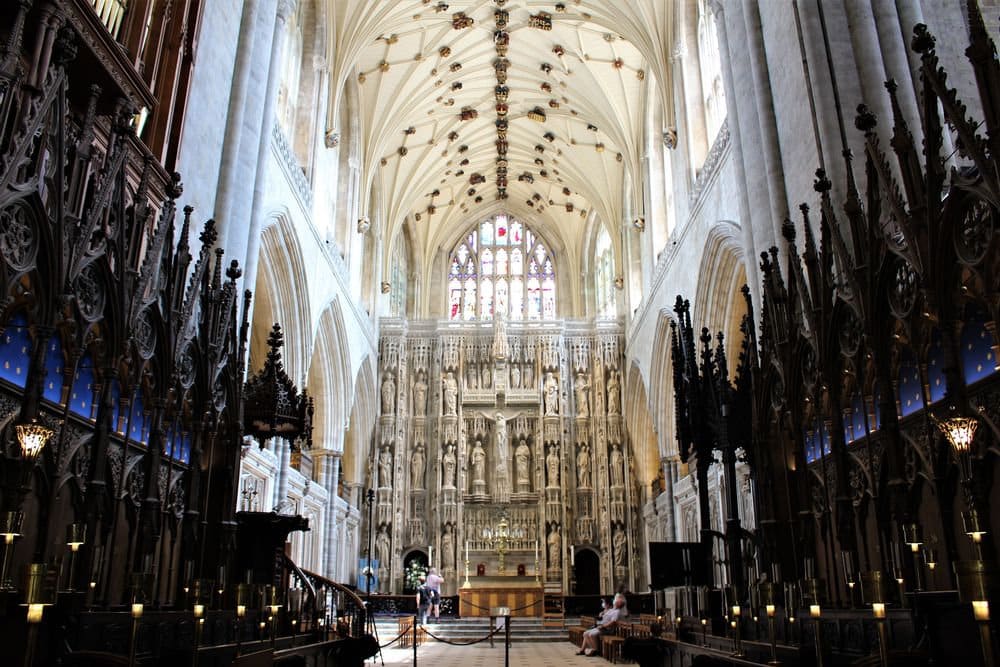
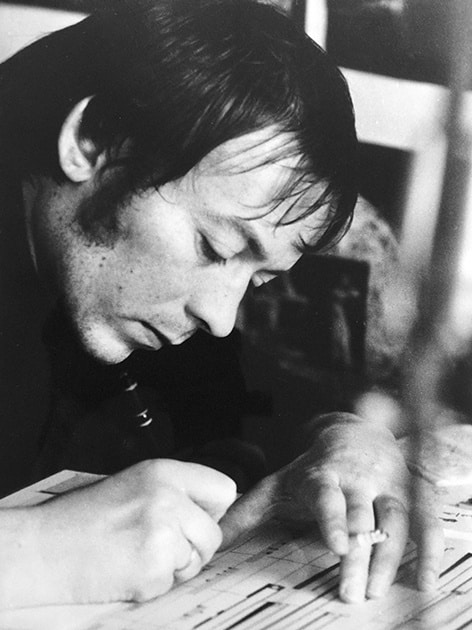
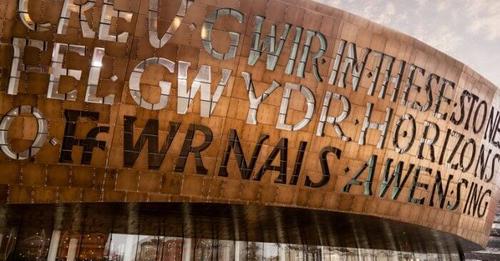
Comments